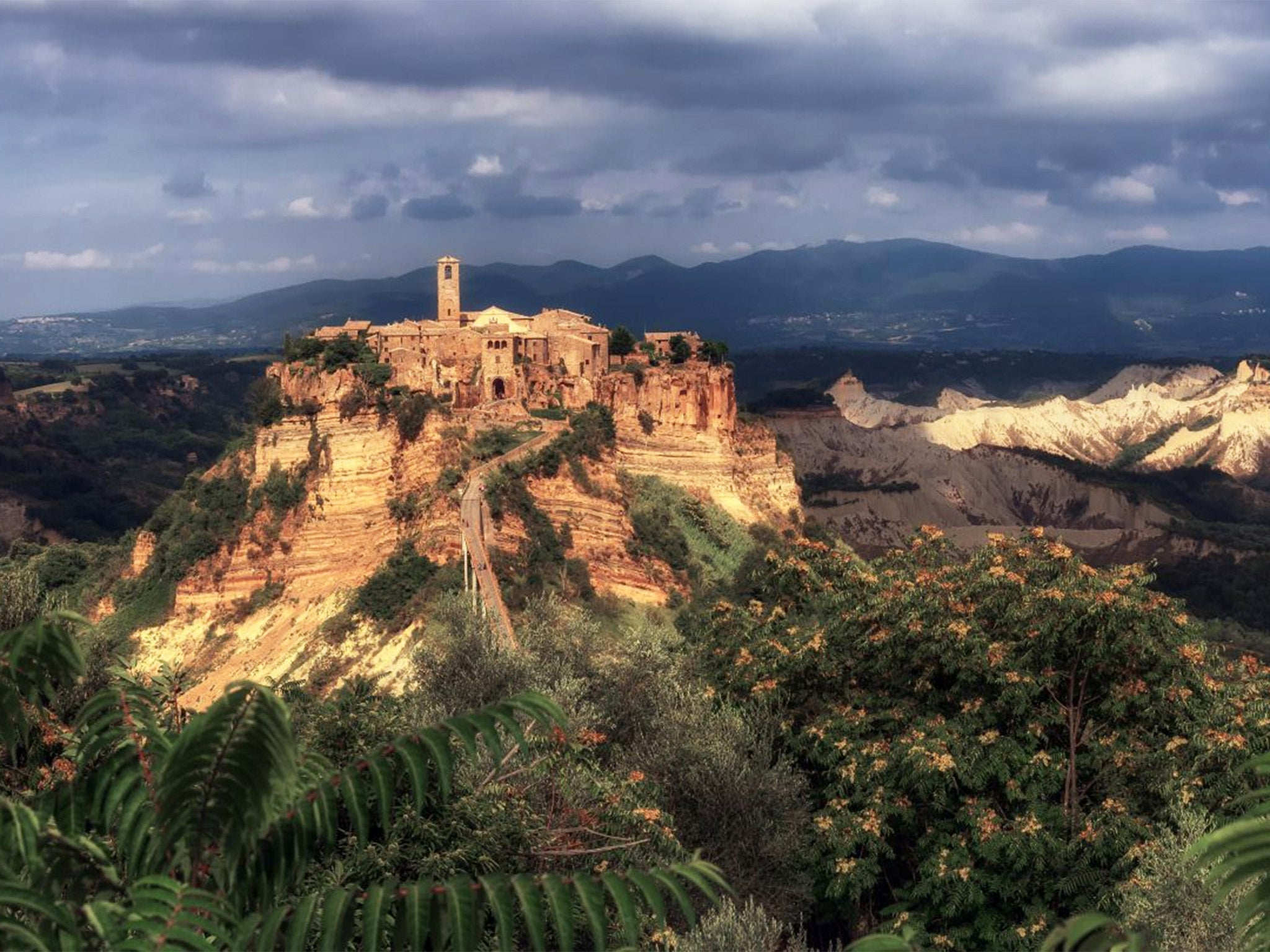Mayors of Italy’s borghi unite to declare war on plans to merge their hilltop villages with larger municipalities
They fear proposed administrative shake-up will herald further spending cuts and be the death knell for an important part of Italian culture and tradition

Your support helps us to tell the story
From reproductive rights to climate change to Big Tech, The Independent is on the ground when the story is developing. Whether it's investigating the financials of Elon Musk's pro-Trump PAC or producing our latest documentary, 'The A Word', which shines a light on the American women fighting for reproductive rights, we know how important it is to parse out the facts from the messaging.
At such a critical moment in US history, we need reporters on the ground. Your donation allows us to keep sending journalists to speak to both sides of the story.
The Independent is trusted by Americans across the entire political spectrum. And unlike many other quality news outlets, we choose not to lock Americans out of our reporting and analysis with paywalls. We believe quality journalism should be available to everyone, paid for by those who can afford it.
Your support makes all the difference.They are sprinkled around the Italian countryside in their thousands. So many in fact, that locals and expats are blasé about the presence of these borghi, the picture postcard hilltop villages you see the length and breadth of the country.
But while they look delightful, their existence is threatened. Rural poverty is causing many to be abandoned. Others are menaced by natural disasters. And now, those that remain appear under threat from bureaucrats who want to merge them with bigger towns and cities.
This week, 112 mayors of borghi, from the Piedmont region in the north-west to Puglia in the south-east, met to declare war on proposed legislation that will see all towns with a population of less than 5,000 merged with larger municipalities. The mayors say that such a bill would be the death knell for an important part of Italian culture and tradition.
The mayors present at the meeting of the Association of Forgotten Communities declared that party political lines were not important; all that mattered was saving the identity of their little communities and preventing an administrative shake-up they feared would herald further spending cuts.
“Political differences don’t count here,” said Sergio Pirozzi, mayor of the hilltop village of Amatrice, whose contribution to Italian culture is obvious to pasta lovers. The eponymous amatriciana tomato, bacon and pecorino sauce is not only loved around the world today, but supposedly led popes to send their cooks to Amatrice over the centuries to hone their skills.

Mr Pirozzi, whose other job is to coach of the local serie D football team, said that national politicians should realise there was little left to cut from the budget of his community of just 2,468 people, which overlooks the Apennine mountains.
“For my job as mayor I earn just €650 (£513) net a month and that’s not enough to live on,” he said. “What do they think they can save? They should come here and see what Italy looks like from where we are… constantly fighting because they want to cut hospital staff, school classes or close a post office window.”
One of the biggest fears is that the planned administrative change would do further damage to remote communities’ health services. Two years ago Amatrice, which lies on the borders of four regions, declared it wished to move from the jurisdiction of the Lazio region to that of Abruzzo, after a dispute with Lazio over hospital services.
Marco Buselli, the mayor of another small town, Volterra, who also attended the meeting, told La Repubblica: “We have to create a united front, to say it’s not only the hard numbers that count.” He added that if Italy didn’t want borghi to become abandoned ghost towns, then the national and regional authorities would have to “change direction” and do much more to help them.
The abandonment of many small villages has been dramatic, none more so than that of Civita di Bagnoregio, a spectacular borgo built on a vulcanic outcrop 75 miles north of Rome. In the Middle Ages it was home to around 3,000 people. Now, after constant erosion and landslides, its permanent winter population has collapsed to fewer than 10.
Some dying villages such as Montieri, in Tuscany, are encouraging the sale of houses below the market prices to encourage new inhabitants, who are obliged to refurbish them as part of the deal.
Emanuele Lodolini, the Democratic Party MP who proposed the merger of small communities, said parliamentarians would listen to the protests. He said the bill was in part “a provocation” and that he hoped there would be two years of debate before it was decided how to proceed. But he insisted the final result would lead to better funded communities.
Join our commenting forum
Join thought-provoking conversations, follow other Independent readers and see their replies
Comments